Getting ready to tear out some pavement with your mini excavator? Maybe smash up some large boulders that are in the way of your landscaping project? Then you probably need a hydraulic breaker attachment, also known as a hammer. Typically used for demolition and excavation when paired with compact equipment, hammers can pulverize rocks and concrete efficiently and effectively. While it's possible to 'blast' these materials with explosives, using a hammer attachment is far better if the job requires more precision or you're working in a smaller, more sensitive area.
 Hammer attachments are often used on skid steers, compact track loaders and mini or compact excavators. They work particularly well with compact excavators, however, due to the machine's ability to work in areas with limited access. Also, with an excavator, contractors can quickly switch from the hammer attachment back to the thumb and bucket when it's time to remove the materials they just demolished, adding to overall efficiency and productivity on the jobsite.
Hammer attachments are often used on skid steers, compact track loaders and mini or compact excavators. They work particularly well with compact excavators, however, due to the machine's ability to work in areas with limited access. Also, with an excavator, contractors can quickly switch from the hammer attachment back to the thumb and bucket when it's time to remove the materials they just demolished, adding to overall efficiency and productivity on the jobsite.
After the traditional thumb-and-bucket combination, hammers are possibly the most popular attachments for mini and compact excavators. They're great for outside demo, residential concrete work and road construction. Depending on the types of jobs a contractor needs to accomplish, a hammer can really increase an excavator's versatility and ROI when used correctly.
Some contractors may only occasionally need to use a hammer attachment, and that's why they're also very popular in the rental market. Store owners can expect to see hammer attachments rented out quite frequently by those individuals or companies that can't justify purchasing one of their own.
Regardless of whether you're renting a hammer or purchasing one, it's important to match it to your excavator and its capabilities. First, make sure that the hammer's weight is within the machine's working range. Second, you'll need to have the proper hydraulic flow and pressure to fire the hammer. Finally, you need a hammer that's the correct size for the material you need to demo.
While it's not a must, you may also want to have a coupler and a bucket on hand so you can quickly switch to the bucket when it's time to remove debris from the jobsite.
You need to match the hammer to the excavator's hydraulic capabilities. If you have too much flow and pressure, it could damage the seals in the hammer. Conversely, if you don't have enough flow and pressure, the hammer is not going to have enough force or will fire slowly.
Hammers are obviously very powerful devices that can either do exactly what they're intended to do … or a lot of damage, depending on how you approach the task at hand. Fortunately, these attachments are easy to use with not much training required. We also recommends referring to the operator's manual for a detailed list of instructions before operation:
Know where the daily grease points are and maintain appropriately.
Inspect the work tool to ensure it's in good condition.
Set the proper operating pressure and flow requirements for the hammer.
Learn how to apply down pressure to avoid 'dry firing' the hammer.
Understand how long to fire the hammer before stopping to let it cool.
'While the learning curve isn't steep when using or maintaining a hammer, there are a few points that are particularly important,' Hammers will need to be greased daily at a minimum-sometimes twice a day depending on how long and how often they're used. At certain times, the hammer's seals will need to be replaced.
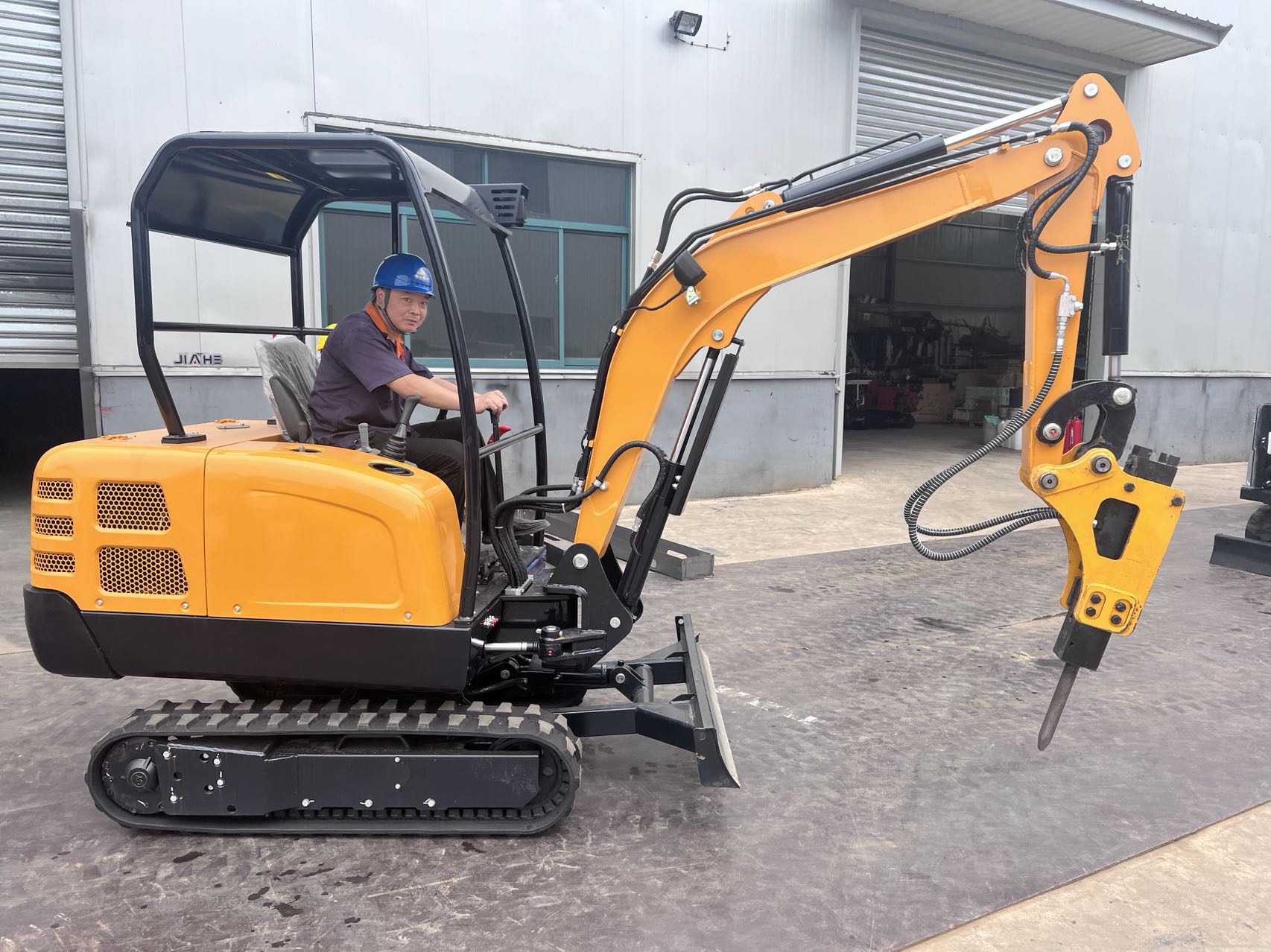
The bottom line is that hammers are a relatively simple, yet productive attachment for mini excavators as well as other compact machines. As long as you match your hammer to your carrier unit and follow your manufacturer's instructions, you'll be able to accomplish demo and excavating tasks quickly and efficiently.
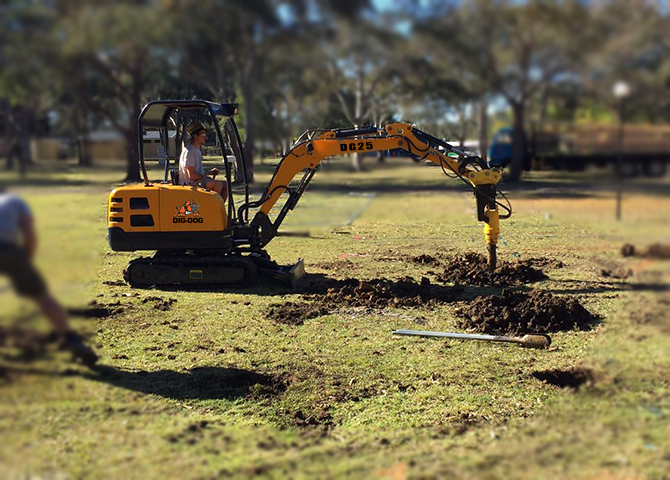 Exploring the Cheapest Excavators with Top Performance
Exploring the Cheapest Excavators with Top Performance
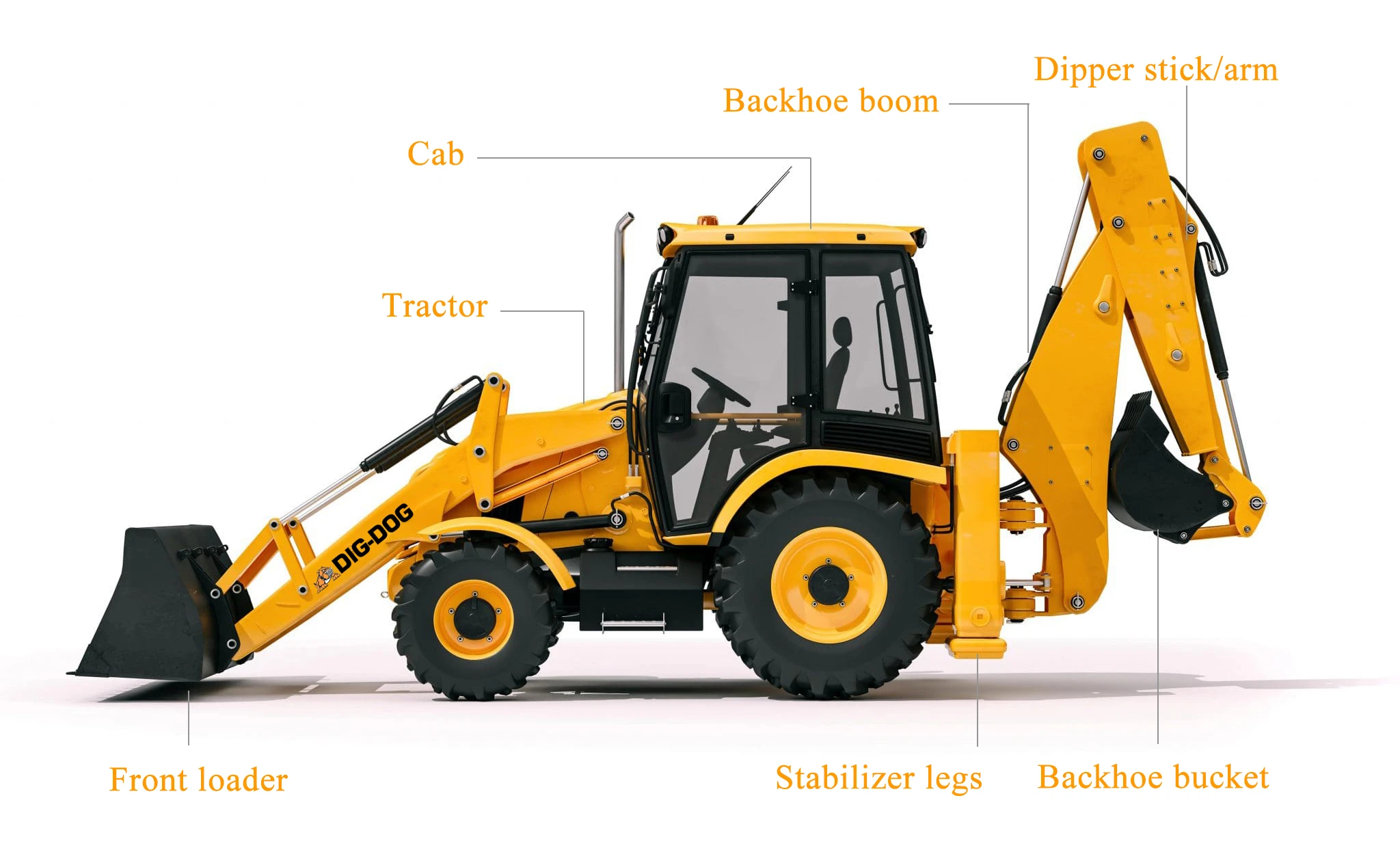 What is a Backhoe? Its Uses & Market Development
What is a Backhoe? Its Uses & Market Development
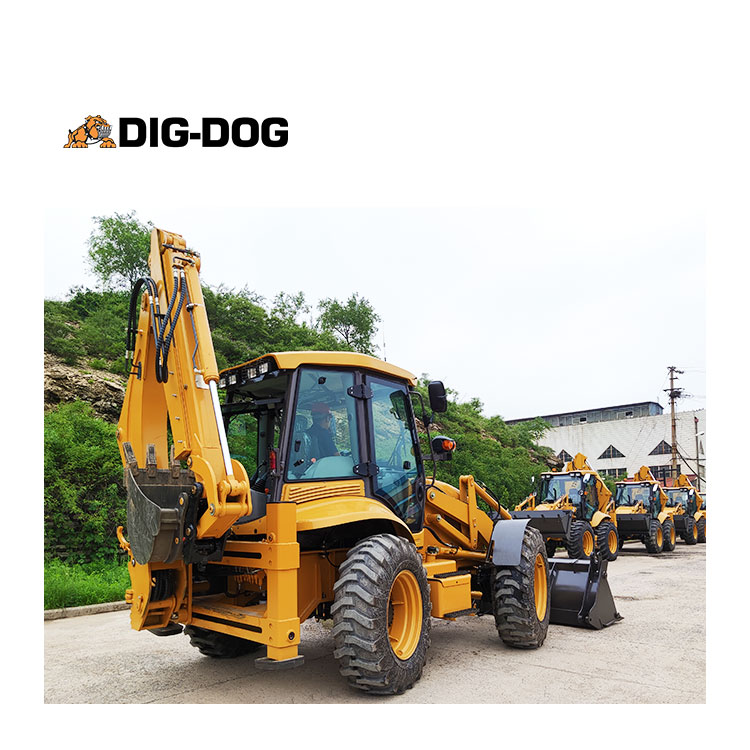 What Is The Difference Between An Excavator And A Backhoe?
What Is The Difference Between An Excavator And A Backhoe?
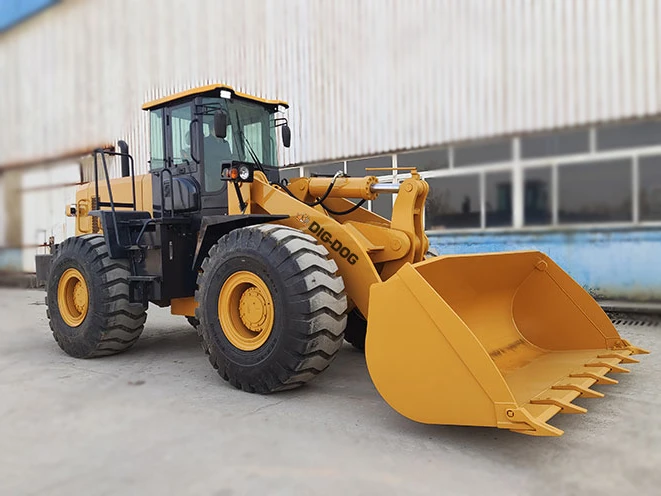 Choosing the Right Loader Truck for Your Business Needs
Choosing the Right Loader Truck for Your Business Needs